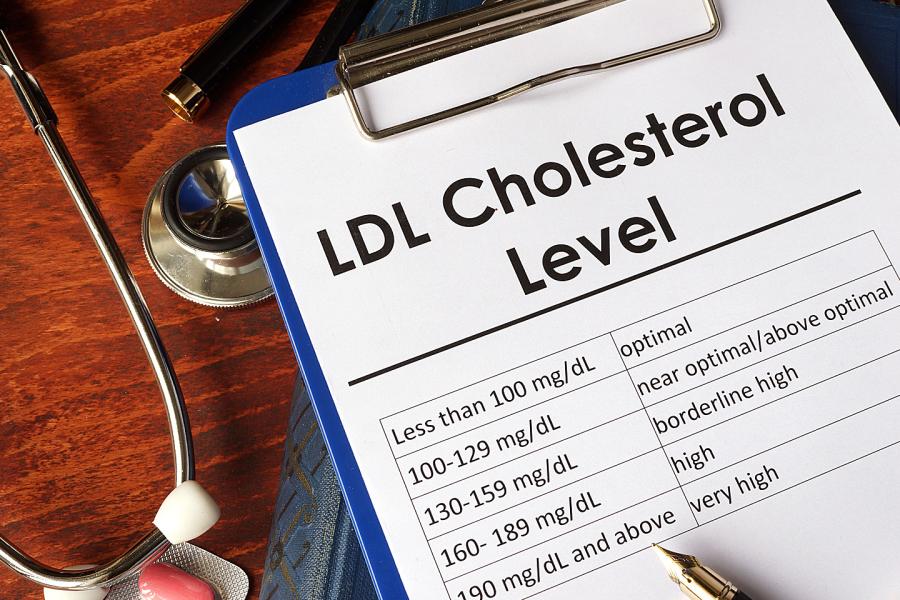This content is provided to Johns Hopkins employees through a partnership with CareFirst BlueCross BlueShield.
September is recognized as National Cholesterol Education month. According to the Centers for Disease Control and Prevention, approximately 38% of American adults have high cholesterol. Too much puts you at risk for both heart disease and stroke, two of the leading causes of death in the United States.
High cholesterol has no signs or symptoms, which is why it is so important to get your cholesterol checked regularly and know your numbers.
September is also celebrated as self-improvement month, so honor it by connecting with your primary care provider to check your cholesterol levels. If needed, your provider can work with you to create a plan to improve your numbers. Access additional resources from your insurance provider and other Johns Hopkins resources.
Optimal cholesterol levels
Learn about your optimal cholesterol levels on the CDC webpage Getting Your Cholesterol Checked:
- Total cholesterol: About 150 mg/dL
- LDL ("bad") cholesterol: About 100 mg/dL
- HDL ("good") cholesterol: Greater than or equal to 40 mg/dL in men and 50 mg/dL in women
- Triglycerides: Less than 150 mg/dL
CareFirst resources
If you are insured by CareFirst, check out some resources offered through its wellness platform:
- Health Coaching: Receive individual coaching, targeting areas such as healthy eating, weight or stress management, and tobacco cessation.
- Scale Back: Work collaboratively with a registered dietitian to learn how to eat healthier, lose weight, and maintain your weight loss.
- Craving to Quit: Find support through mindfulness tactics and support tools with CareFirst's tobacco cessation program.
- Go to the Discover tab and click on Health Topics to find cholesterol-specific content, including cholesterol guidelines, personal stories, tips to lower cholesterol, healthy recipes, and diet plans.
EHP resources
If EHP is your insurance provider, you have access to an array of health education classes to support you in managing your cholesterol, including Eating the Healthy Way and Moving in the Right Direction.
If you need more support in managing your cholesterol, you have access to care management nurses and social workers who can help you better understand and manage your health conditions. They are advocates for making your care easier and health better, and they can work with your providers to coordinate your care.
Other JHU benefits and JHM resources
Read the JHM article Cholesterol: 5 Truths to Know.
For nutrition and weight management, use your subsidized WW membership to support your well-being. And join an upcoming WW webinar, Meal Prepping and Planning, at 1 p.m. on Thursday, Sept. 29.
Get moving with your free Burnalong account and bring your family along, too.
Posted in Health+Well-Being
Tagged hr newswire








